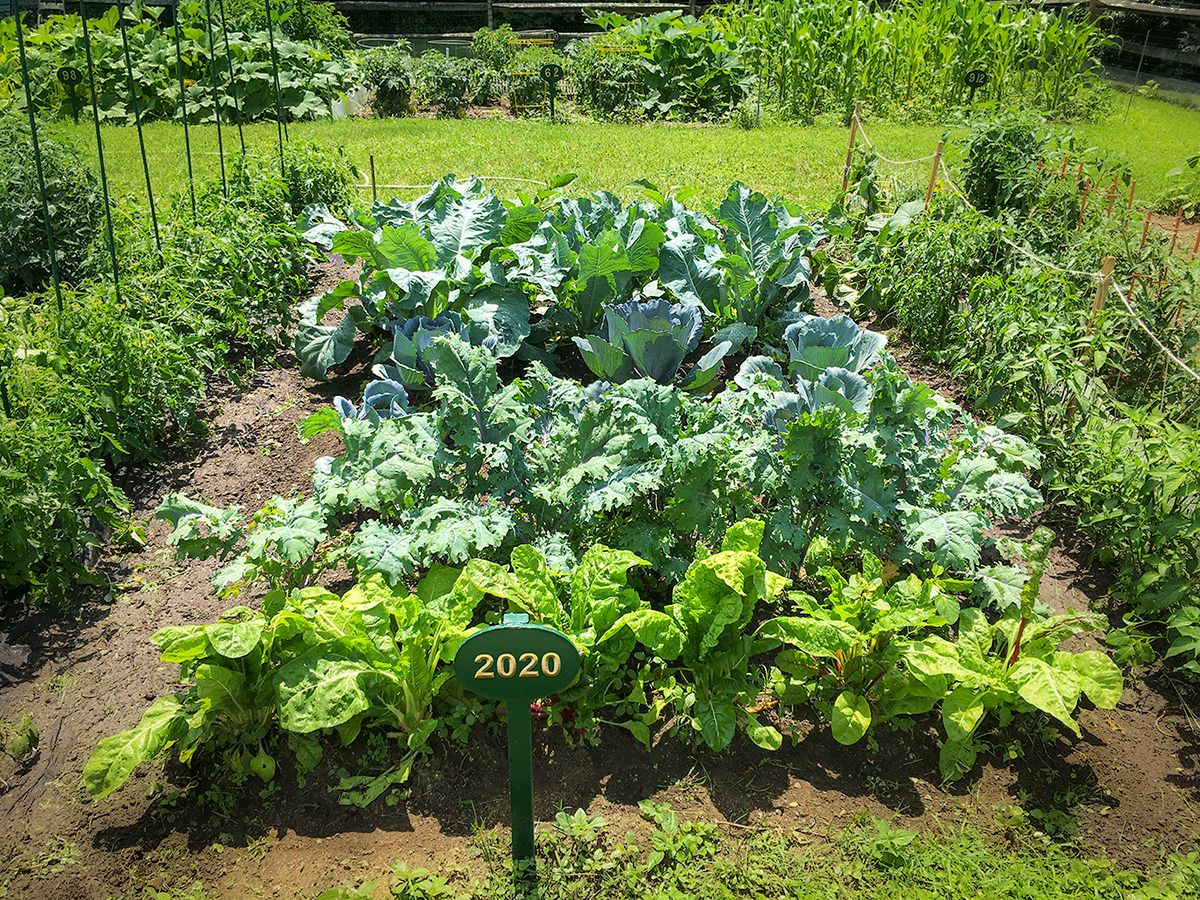Unexpected Autumn Harvest
So today, as I walk up to the garden, sloshing along, I know the task ahead is going to be a long one. I've waited...

I can feel occasional wintry gusts in our autumn breezes. We've already had an overnight frost, though the days have been warm and sunny. So being under a November 1st deadline to clean out our community garden plots (not one this year, but two), I pick a sunny day, layer up, and set out to the garden. It isn't long before I start shedding those layers, not because of the sun's warmth but more from my body heat as I begin the laborious task of clearing away the debris of a challenging growing season.
I'm in the middle of reading, Walking Home: A Pilgrimage from Humbled to Healed by Sonia Choquette. At the beginning of her story, Choquette focuses a lot on her physical struggles of preparing for and walking the Camino de Santiago over the Pyrenees Mountains and across Spain to Santiago de Compostela. So much so, in fact, that I nearly stopped reading her story. I'm trying to focus less on my pains and hardships these days and more on life's gifts. It's not always as easy as I think it should be. For example, I don't want to be in the garden on this day beautiful fall day.

The growing season was miserable, and many of our plants, holding the potential for an endless summer bounty with plenty to share, were taken by root rot. A cold rainy spring followed by more rains and cool weather in the early part of summer brought the garden's potential and this gardener's excitement to a screeching halt. I couldn't get in the garden with the seemingly endless rain. If it wasn't actively raining during the day, it had rained overnight, and the puddling was substantial. We'd get an occasional nice day or two, and I'd have other obligations needing tending. Then there would be more rain. Even today, as we near November, I walk through soggy grounds to get to our gardens.



Even though we're not dependent on our garden for food, the investment in our plants can pay for itself 10 to 15 times over when we have a good season (zone 5b). We also generally enjoy the work of nurturing it, knowing that we're putting healthy, organic food on our table—but not this season. It neither paid for itself nor brought pleasure to our summer. What it did bring was stress. I spent far too much of the summer focused on the weather, about which I could do nothing. Our plants were waterlogged. Eventually, we abandoned our garden plot out of sheer defeat.
So today, as I walk up to the garden, sloshing along, I know the task ahead is going to be a long one. I've waited too long, and the weeds have overtaken everything. They seem to have had an outstanding season.
I feel as though I've been ignoring the subtle squeak in a car. At first, it sounds like nothing. Then it's something. It stirs my awareness, but not necessarily my action initially as I think, "well, maybe it'll go away as suddenly as it arrived." But, of course, it rarely does. When it finally becomes something that can no longer be ignored, the investment in the solution is more significant. Today, I am paying that price with my physical labor.
And while I may not be taking a pilgrimage on the Camino de Santiago, the task facing me feels arduous, and I'd prefer to be nearly anywhere else—like at home reading my book. Well, at least I have comfortable boots! (If you've read Sonia Choquette's book, you'll understand.)

The first thing I saw on entering the sizable plot of land containing many individual gardens was six large stalks of dark green, curly-leaf kale poking out of the tall weeds. "We have survivors!" I exclaim to no one. I followed it up with, "And I'm going to have to take it all home and do something with it—today. Ugh."
All I could see was the long-abandoned, weed-filled plot and my obligation to clear it out by the end of the season. With a sigh of resignation, I gathered up the tools I needed, popped in my earbuds so I could listen to David Whyte, and got to work.



After I cut the kale from its stalks, I discovered a wealth of rich green, leafy celery. I pulled and set them aside. The leaves make a flavorful, celery sea salt that I use in savory dishes. Celery is an underrated vegetable in American life, even though we use it as a building block of flavor in many recipes. I love growing celery because the flavor is far superior to the washed-out, pale green stalks from commercial growers. I actually feel a bit of excitement finding the unexpected bounty. Who knew celery could lift a mood?
I pulled up growing stakes and removed the netting I'd fabricated with hemp rope for my climbers that didn't climb. I stood up, knelt down, yanked, cut, raked, muttered, and hauled plant and weed debris. I worked for hours before I was ready to gather up my tools, load up the car, and head to the kitchen to finish the job.
Once inside the door, I began a conversation to justify my intended actions. I would leave the vegetables on our deck and tend to them in the morning. It was already getting late in the day. Soon I'd be making dinner, and there was no time to spare on these unexpected chores of cleaning, chopping, blanching, and drying vegetables. Nearly as quickly as I'd talked myself out of the preparations, I talked myself right back into them. There was no way I would risk losing this unexpected bounty to the weather or a hungry bear, squirrel, chipmunk, or raccoon. I stiffened my resolve and dug in.

I finished everything that day—well, actually into the evening—and even managed to make a hearty seitan sausage, white bean, and kale soup with last year's harvest of my own Herbes de Provence blend. It was divine. And when my head hit the pillow that night, I was delighted with my productive day and flavorful dinner.
I'm still reading the book Walking Home: A Pilgrimage from Humbled to Healed. Sometimes you just have to complain—or set the negativity free—to allow room for new ideas and perspectives. When that paradigm shifts, suddenly you can appreciate the gift in what was once only a mess. It could take hours, days, or even years. But the moment you find the upside, it all feels worth the challenges.
I spent a beautiful autumn day in our garden, and now we have a jar of homemade celery sea salt and a freezer full of kale ready to nourish us through the winter. It didn't come immediately, but I found the gift, and I am grateful.
